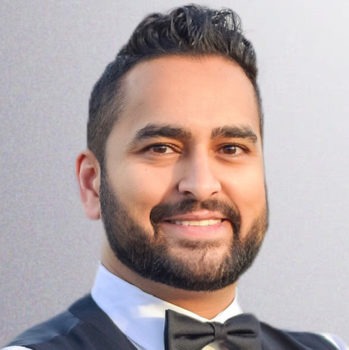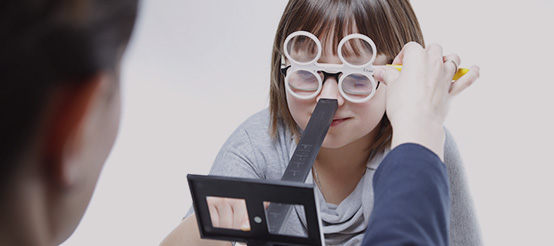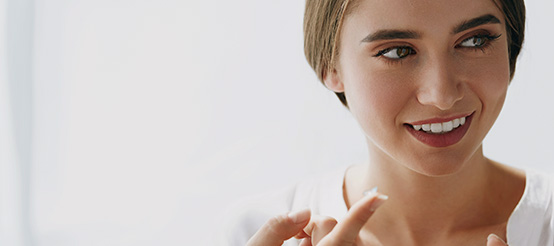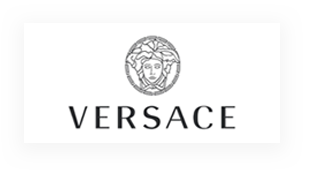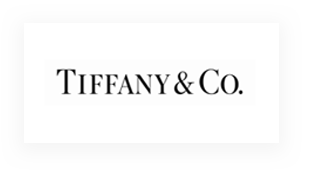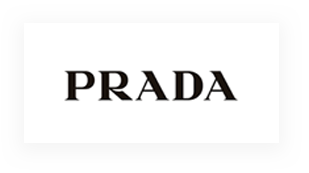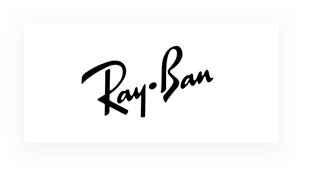A World of Choice in Vision Correction
Today you have options to best correct your vision. One choice you may be weighing is glasses vs contacts.
To make that choice, you need to have your eyes examined by a professional. And if you think that eye exams are one size fits all for contact lens users and glasses wearers, think again! Read on to discover the similarities and differences in regular eye exams and exams performed for contact lenses.
Comprehensive Eye Exams
Eye Exams are crucial for everyone. Beyond screening for visual acuity and eye disease, your eye health can give your medical care team insight into your overall health- did you know that conditions and diseases like Lyme disease, cancer, and even certain sexually transmitted infections can be detected during an eye exam?
The Canadian Association of Optometrists has laid out guidelines for how often you should have your eyes examined, but this schedule may need to be tweaked and tailored to your specific optical needs.
What Is Assessed in an Eye Exam?
Eye exams are thorough and measure your prescription and much more.
Before an eye exam even starts, your optometrist will need to make sure your history and medical records are updated. Bring in information about
- Your current medications
- Family medical history
- Any eye concerns your having
We also need you to bring in any current glasses or contacts you’re using!
During the exam proper, we’re testing
- Visual Acuity
- The performance of your eye muscles
- Intraocular pressure
- Refraction
- Your visual field
- Colour vision
- Your retinal health
Screening your eyes for diseases and vision problems before they show symptoms is part of your eye exam. And through this, we’ll find your glasses prescription, too.
Contact Lens Exams
You may be thinking, “if a comprehensive eye exam is so comprehensive, what else could I possibly need a contact lens exam for?” As it turns out—quite a bit.
Contact lens exams involve many the same assessments and measurements that a regular eye exam would, with some extra and necessary tweaks.
Unique to Your Contact Lens Exam
There will be some tests and measurements administered during your contact lens exam to make sure we find the contact lens that fits your eye just right.
- Corneal measurements—this measures the curve of your eye to make sure the lens lits snugly and any irregularities in shape are accommodated.
- Iris & pupil measurements—this determines the size of your contact lens, keeping your whole field of vision covered.
- Tear film evaluation—since contacts rest directly on the tear film, we need to make sure your tears are healthy enough to support contact lens use. Dry eye may necessitate the use of specialty lenses.
Your Contact Lens Prescription
Since contact lenses sit directly on the eye, usually on the cornea, the contact prescription is actually quite different than your glasses prescription. Your glasses sit approximately 12mm from your eyes, while your contacts are smack dab on top of them. Naturally, this means there are some added factors in your contact prescription.
- Base curve—this will help determine the measurement of the back of your contact lens so it fits your retina.
- Diameter—this determines the size of the lens, so it covers the right amount of your cornea or sclera and provides clear vision.
- Lens material—different types of lens materials are better suited to different lifestyles, and breathability is a key factor.
- Expiration date—your contact lens prescription will expire faster than your glasses prescription. Be sure to come in for another exam and reassessment to keep your vision in optimal condition.
Contact Lens Types
There are many different types of contact lenses, including
This list only touches on the vast array of contact lenses available today. Each lens type is suited to a particular eye or condition, which is why it’s so important to have a professional weight in on your contact lens purchase.
Some Pros and Cons
There are a lot of considerations to make when choosing glasses or contact lenses.
For Glasses:
- They’re simple. Once you’ve slipped your glasses on, you’re good to go.
- You don’t have to touch your eye to use them.
- If your prescription is stable, you can use one pair of glasses for quite a long time, which is cost-effective!
- They’re stylish. There are a plethora of fashionable frames available today that can complement your look and act as a chic accessory as they correct your vision.
Against Glasses:
- Vision can be a touch distorted in places, like the edges of your peripheral vision where the glasses lens can’t reach.
- Glasses can get in the way when playing sports, get splashed with rain or snow and can fog up when you come indoors on a chilly day.
For Contacts:
- They correct your vision nearly invisibly. The tiny lens sits on your eye, and no one’s the wiser.
- They cover your entire field of vision and move with your eyes.
Against Contacts:
- The upkeep is more extensive. You need to make sure they’re clean and replace them regularly.
- They require more regular visits to your optometrist (we’re always happy to see you, though!)
A Quick Reminder!!
If you choose contacts, you won’t be able to do away with your glasses entirely! You’ll need to keep a pair of glasses with an updated prescription on hand in case of a ripped or damaged contact lens, potential eye infections or soreness, and to give your eyes a break.
Monitor Your Eye Health & Discover What Corrective Technology is Best for You!
At the end of the day, so long as your eyes are healthy and you’re just looking for visual acuity correction, the choice between contact lenses and glasses is yours to make! The most important thing is that you have your eyes examined regularly to ensure they’re staying healthy.
Contact us to request an appointment with one of our skilled optometrists to see what options you have for visual correction.







